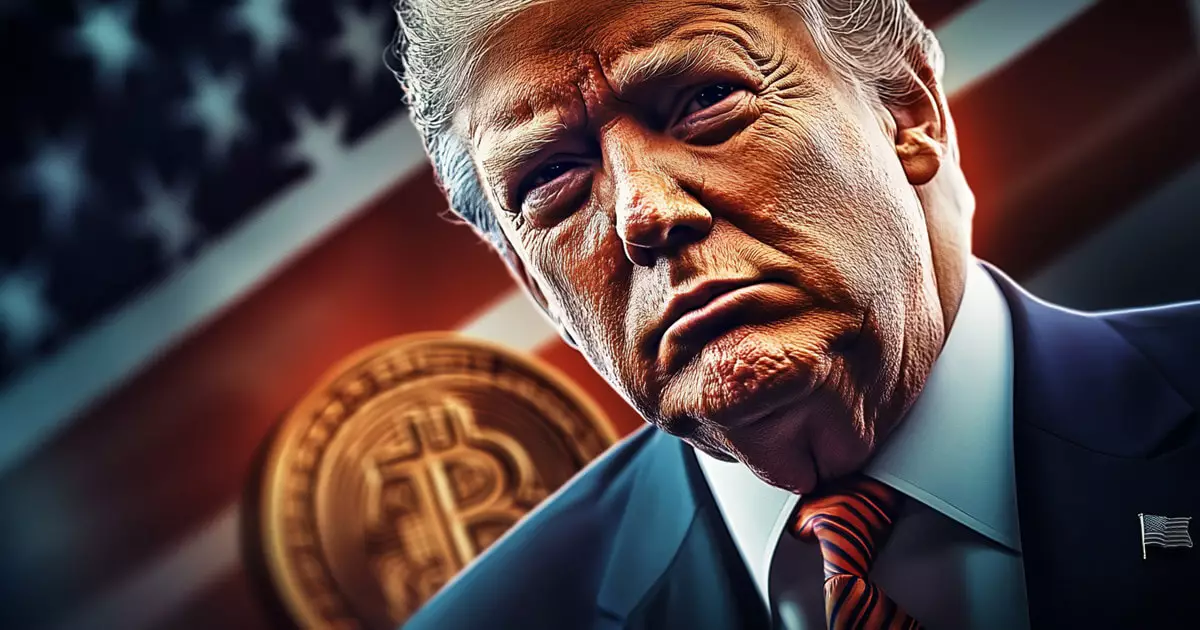Francois Villeroy de Galhau, the governor of Banque de France, has waved a red flag regarding the Trump administration’s approach to cryptocurrency. His alarm focuses on an impending catastrophe that might arise from embracing digital currencies and non-traditional financial systems. Villeroy, a voice of caution in an otherwise frenetic economic landscape, argues that this leap into crypto could bear dreadful consequences, echoing those moments in history where America’s financial negligence led to worldwide crises.
When looking back, the U.S. has been the epicenter of some of the most devastating financial collapses. From the Great Depression, which unspooled the global economy in 1929, to the Great Recession fueled by a toxic mix of subprime mortgages and rampant speculation, the pattern is clear: neglecting regulatory frameworks can sow chaos. Villeroy’s assertion that the United States faces a new era of negligence isn’t merely speculative; it’s rooted in historical context that warrants further scrutiny.
Crypto and the New Economic Wild West
The growing embrace of cryptocurrency in the U.S. — a phenomenon that includes everything from Bitcoin to decentralized finance (DeFi) — poses a unique set of challenges. Villeroy points out that this trend is not a harmless exploration but rather a reckless risk that could destabilize existing financial structures. The lack of regulation in this wild west of finance opens the door to volatility that can have ripple effects worldwide.
The administration’s decisions to roll back regulatory oversight, particularly regarding major cryptocurrency exchanges and the imposition of minimal restraints, represent an economic gamble that seems at odds with historical lessons. Villeroy’s warnings about financial instability are echoed by peers like German central banker Joachim Nagel, who described the entire policy framework as a “horror show.”
The Troubling Implications of a Crypto Strategic Reserve
One of the most disconcerting moves under Trump’s leadership is the establishment of a crypto strategic reserve that aims to stockpile assets such as Bitcoin and Ethereum. While the intention might be to position the U.S. as a dominant player in the future financial ecosystem, the reality is that cryptocurrency is being treated as a safe bet, despite its highly volatile nature. This misalignment between perception and reality could lead to a precarious financial future.
This activity seems to carry the message that the administration may consider crypto a standard, legitimate component of the financial landscape when, in fact, it remains steeped in uncertainty and regulatory ambiguity. If history has taught us anything, it’s that an overly optimistic approach to high-risk investments often births disastrous outcomes.
Navigating the Economic Darkness
Critics, including Villeroy, are naturally alarmed. Can we afford to take such risks in a globally interconnected economy that already bears the ripples of past U.S. financial misconduct? It’s not just a matter of national economic health; it reflects a more significant issue of leadership and responsibility on the global stage.
In a world still reeling from the consequences of previous financial crises, it is crucial for the U.S. to shift away from brinkmanship in favor of prudent governance that prioritizes stability over speculation. These alarm bells resonate beyond mere rhetoric; they are calls for action to avert a catastrophe that many deem avoidable.














